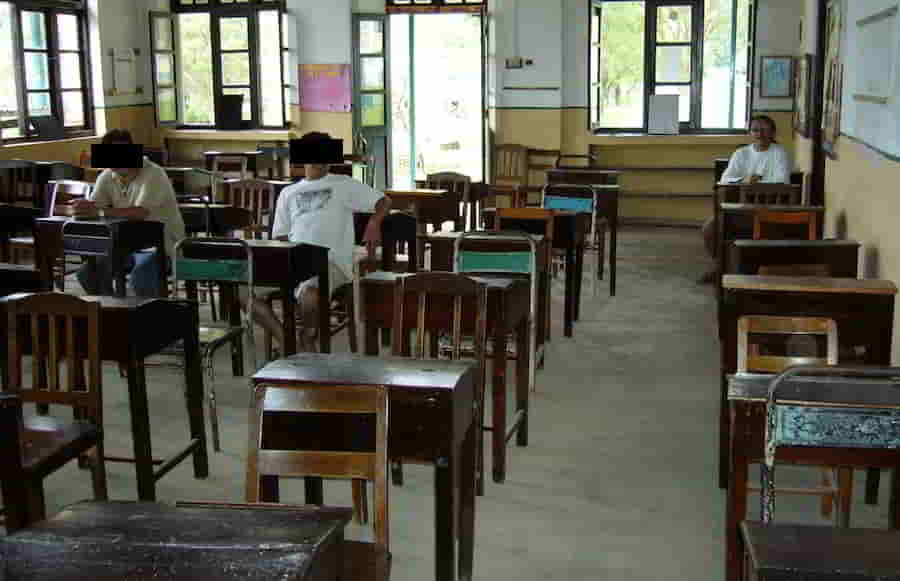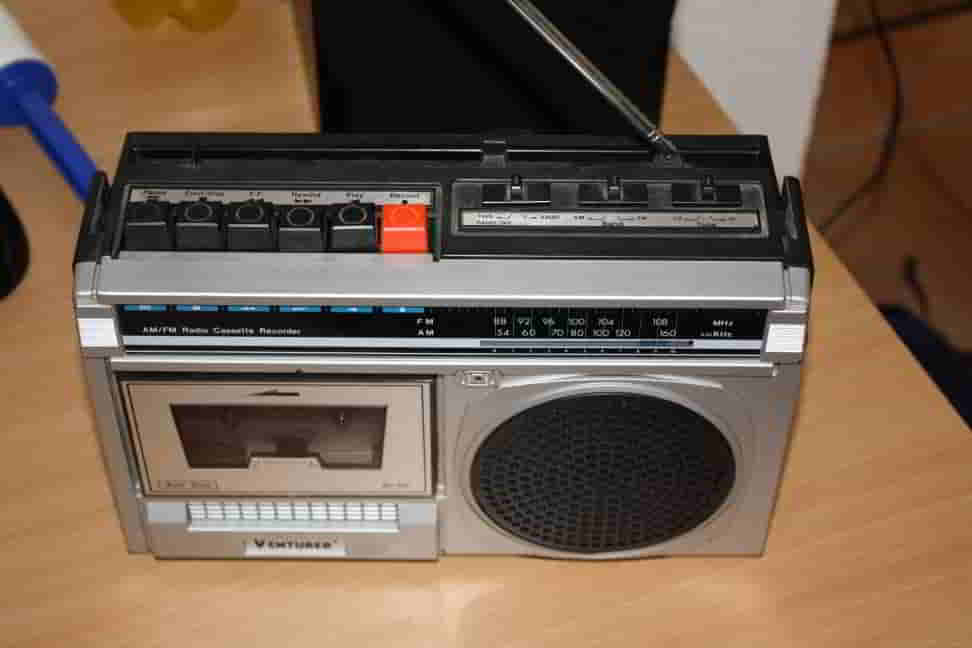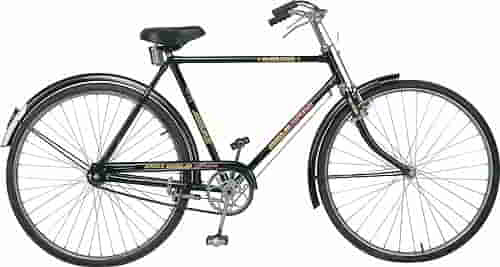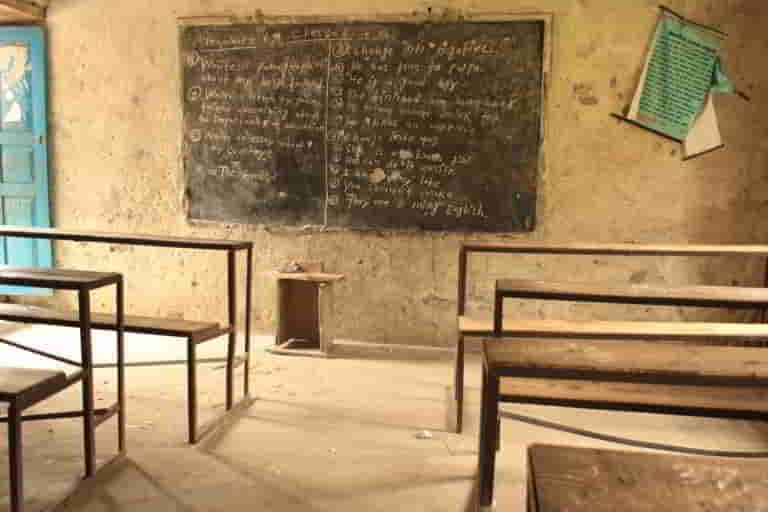
I wasn’t even supposed to have made it to school, and yet there I was, in 1981, a fifth grader, at the premier elementary school in the country, dreaming of going to the United States for tertiary education.
I came from a family that couldn’t even afford some very basic amenities and creature comforts.
Forget about a car or a motorcycle or a refrigerator or VCR or a phone (landline) or even a stereo. The most advanced electronic gadget we owned was a mono boombox, similar to the one below.

The biggest mass-produced mechanical device we owned was an old, rusty, indian, single-gear Atlas bicycle, just like the one below.

For space, we had but just two rented rooms — a kitchen/living room and a bedroom — in a three-storey house filled with other tenants and the owner.
We had no indoor bathrooms or toilets in the building. In the kitchen/living room, we had no chairs, no couch, no table or any such furniture to speak of — just a long homemade “mattress” topped up with another homemade rug against one wall and a foot-high, long, rectangular wooden counter in front of it, which could be mistaken for a long wooden box. We had no indoor plumbing. For a cooking stove we had a saw-dust powered one!
Three small beds took up most of the space in the bedroom. But they often saw more than the seven bodies in our family — five of us boys and my parents — as we often had a cousin or two or relatives living with and/or visiting us. Often the bedroom floor as well as the kitchen/living room floor turned into “beds”!
Winter, without fail, saw many more bodies! Relatives descended to the city from the villages to escape the brutally cold season in the high-altitude, highland desert of Mustang. Winters that we struggled to stay warm even in the beautiful city of Pokhara where we lived.
An uncle was a regular, winter or not, because he ran a caravan of donkeys shuttling goods from Pokhara to his “store” in Jomsom. I say “store” because he sold the goods from his home!
Being poor and belonging to a disenfranchised and marginalized group came with a host of other personal, domestic and social problems and issues — both perceived and real.
In the eyes of the Nepalese society, we, my community of ethnic Tibetans, amounted to very little, would amount to very little and therefore were a people of little consequence and to be exploited, for instance.
Education for us was but a distant dream and a privilege. Forget my parents and older relatives, even most of my older first cousins had never been to school. The few older cousins that had, not a single one had even completed elementary (primary) school.

But, by sheer luck, a teacher at the third government (public) school I was attending in Pokhara, recognising my potential, had advised my dad to put me in a good school in Kathmandu, which had landed me at the Jesuit school.
And there I was at St. Xavier’s Godavari school, the best elementary school in the country, with classmates mostly from professional and/or well-to-do and/or connected families, as far as I could tell.
There I was whose parents never even came to see me but among classmates and school mates who poked fun at those whose parents came for visits in a three-wheeler (auto-rickshaw/tempo) instead of in a car.
There I was for whom, as the first-born, how to help bring his family out of poverty was a major concern, but living, studying and playing among classmates who, the preceding year, had ostracised him and planned to run him over with their BIG cars once they all moved to the secondary school in Kathmandu city.
There I was among classmates two of whom were nephews of the late King Birendra Bir Bikram Shah Dev himself.
There I was someone who had been written off by society, because of the accident of birth as a poor, low-caste Bhote, but had made the most important decision of his life to not accept his fate having discovered a way out.
A window of opportunity had appeared, an impossible window of opportunity, but a window just the same!
When, in fifth grade, Fr. Downing, our class teacher, regularly brought graduates of St. Xavier’s — either studying in the US or back in Nepal after graduation — to speak to us, I learned about tertiary educational opportunities there. I learned that admission to and scholarships at schools in the US were based entirely on merit.
No one in Nepal would be involved in whether I could apply or whether I qualified for them or whether I should be awarded a scholarship etc. The decision to apply would be in my hands and, most importantly, whether I got admission and scholarship rested in the hands of people not connected to Nepal and therefore not guided by how others in Nepal viewed the likes of me. I would be judged based on my personal accomplishments and not on the caste I belonged to or my family name or the village I came from etc.
That was important because, even by then, I had learned that if anyone in Nepal were involved, they would pick someone else’s son, someone with “source-force“!
I planned to study engineering (an idea I held on to even until 10th grade). Not unlike most young elementary school children from poor families, another of my dreams at the time had been to help “the needy” and “desko sewa garney” (to serve my country). Recognising that infrastructure would help the people of Nepal the most, I dreamt of building “bridges, roads and houses” as an engineer and contributing to the country’s development.
So there I was, dreaming, under the circumstances, a near-impossible dream of going to the US for further studies, because it was, also under the circumstances, the only realistic dream!

I enjoy these. I am very happy to have found you on the internet!
Hey Joe,
Thanks for stopping by!